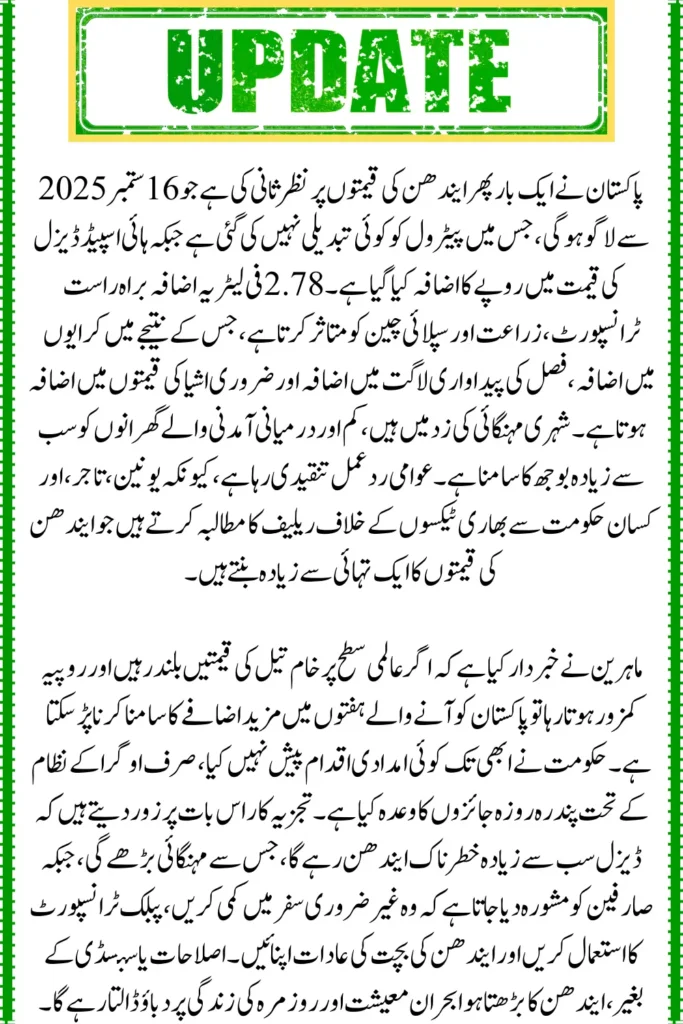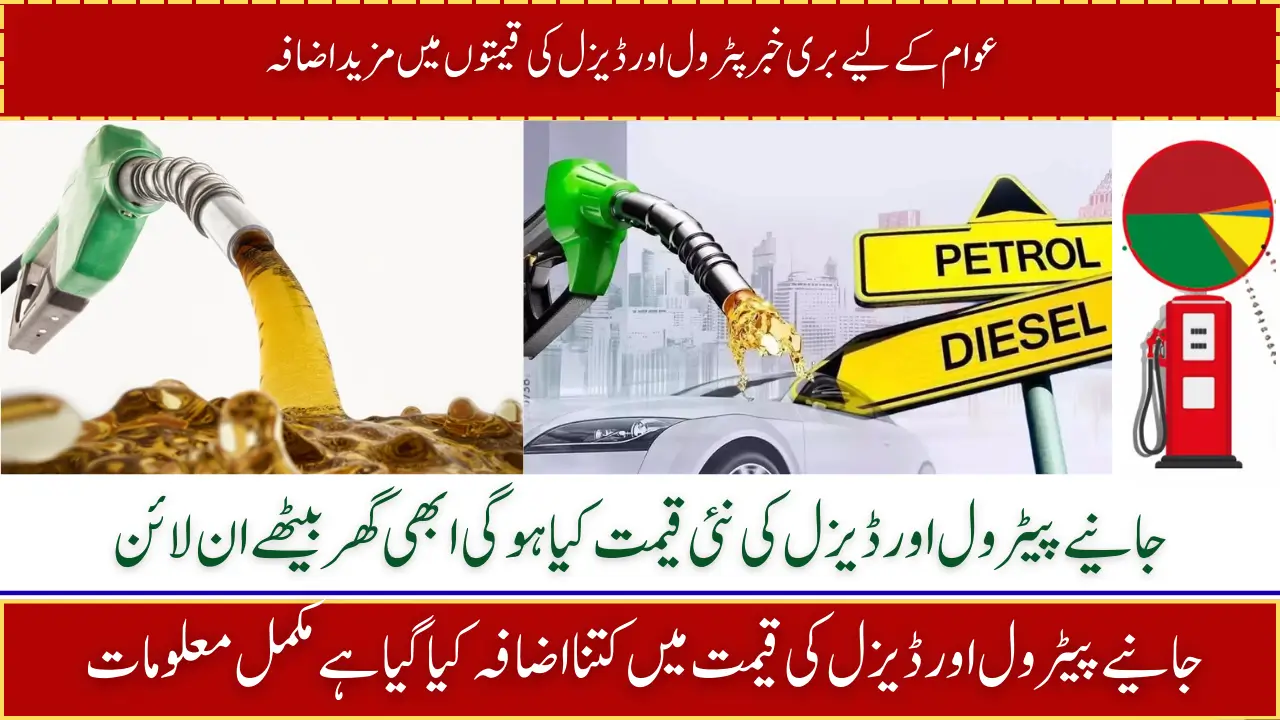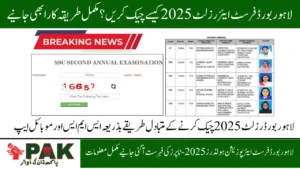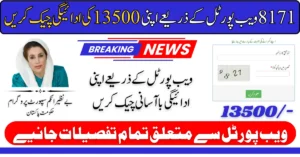Government Announces Latest Petrol Price Hike
The Government of Pakistan has increased fuel prices again from 16 September 2025, keeping petrol unchanged but raising diesel by Rs. 2.78 per liter. This hike will directly affect transporters, farmers, and households, as diesel is widely used in buses, trucks, and farm machinery. Higher diesel costs mean increased fares, higher crop production expenses, and rising logistics charges. As a result, the prices of essential goods like fruits, vegetables, and grains are expected to rise, adding to inflation. Low- and middle-income families will feel the hardest impact as daily expenses continue to climb.

The government justifies the price hike by linking it to global crude oil trends, rupee depreciation, and heavy taxes. Official documents show that taxes and levies account for about one-third of the fuel price, with more than Rs90 collected on each litre of petrol and diesel. While authorities argue these taxes are needed to reduce the budget deficit and fund development, public reaction has been critical. Citizens, transport unions, and farmers demand relief, saying constant fuel hikes increase economic hardship. If global oil prices remain high, Pakistanis may face further increases in the next fortnightly review.
You Can Also Read: NADRA Pak ID Updates 2025, 5 Exciting New Features You Must Know
Current Petrol and Diesel Rates Across Pakistan
| Fuel Type | Price Per Litre (PKR) | Change (from last review) | Tax & Duties Included (Approx.) | Notes |
| Petrol (MS) | Rs. +2.78 | No change | Rs. 94.89 (36% of price) | Stable this fortnight; heavy tax burden still applied. |
| High-Speed Diesel | Rs. +2.78 | Increased | Rs. 95.35 (35% of price) | Sharp hike; impacts transport, farming, and supply chain costs. |
| Kerosene Oil | Rs. Unchanged | No change | Included in levy & duties | Mainly used in rural areas; stable this review. |
| Light Diesel Oil | Rs. Unchanged | No change | Included in levy & duties | Used in small-scale industry and machinery; no adjustment this time. |
Reasons Behind the Sudden Fuel Price Increase
The sudden increase in fuel prices in Pakistan comes from a mix of global and local economic pressures. Rising crude oil prices in the international market and the weakening Pakistani rupee against the US dollar have pushed domestic rates upward. The government also follows a fortnightly adjustment policy under OGRA, which adds further volatility. On top of that, heavy taxation, including petroleum levy and customs duties, makes fuel more expensive for the public.
- Key Reasons for Fuel Price Hike
- Global crude oil prices are rising.
- Pakistani rupee is losing value against the US dollar.
- Fortnightly pricing review under OGRA adds regular adjustments.
- Heavy taxes and levies increase the retail cost of fuel.
Pakistan’s fuel prices rose due to global oil trends, weak rupee, and heavy taxes.
You Can Also Read: BISP 8171 SMS Registration, Quick and Hassle-Free Method, Enroll Now
Impact on Daily Life and Transportation Costs
The latest fuel price hike in Pakistan has a direct impact on daily life and transportation costs. Diesel is the backbone of public transport, goods carriers, and farm machinery. With its price rising, bus and truck operators are increasing fares, which directly affects commuters. Farmers now face higher costs for tractors, tube wells, and harvesters, leading to more expensive crops. As transportation becomes costly, prices of daily essentials like fruits, vegetables, and grains are also going up, putting extra pressure on already strained household budgets.
- Main Impacts on Daily Life and Transport
- Public transport fares are rising, hitting commuters.
- Goods carriers face higher fuel bills, increasing logistics costs.
- Farmers pay more for machinery, raising food production costs.
- Prices of essential goods like grains, fruits, and vegetables climb.
- Low- and middle-income families struggle with higher living expenses.
Higher diesel prices increase transport fares, crop costs, and food prices, hurting households the most.
You Can Also Read: NADRA Introduces the Elderly Citizen-Friendly Face Recognition for Secure Services
Public Reaction and Protests Against Fuel Hike
The recent fuel price hike has sparked strong public reaction across Pakistan. Citizens are frustrated as rising diesel costs push up transport fares and daily essentials, adding to inflation. Transport unions and farmer groups have voiced concerns, warning that they cannot sustain operations at such high costs. Traders’ associations also fear reduced business activity as logistics expenses rise. Many people argue that heavy taxation on fuel is unfair and worsens financial struggles for low- and middle-income households.
- Public Response to Fuel Price Hike
- Citizens criticise heavy fuel taxes amid record inflation.
- Transport unions warn of possible strikes and fare increases.
- Farmers highlight rising input costs that threaten crop production.
- Traders fear business slowdown due to expensive logistics.
- Growing demand for government relief and subsidy measures.
Public anger is growing as unions, farmers, and traders protest against rising fuel costs and heavy taxes.
You Can Also Read: EOBI Login and Verification Made Easy, Check Your Pension Anytime
Comparison With Previous Petrol Price Hikes
Fuel prices in Pakistan have seen repeated hikes over the past months, and the latest increase continues this trend. While petrol prices remained unchanged in the September 2025 review, diesel saw a rise of Rs. 2.78 per litre. This follows earlier hikes where both petrol and diesel went up due to global oil prices and the weakening rupee. Compared to previous adjustments, the focus of this hike falls mainly on diesel, which directly impacts transport and agriculture sectors. Unlike past reviews that hit both petrol and diesel, this one brings partial relief to car users but still fuels inflation through higher logistics and food costs.
- Comparison With Past Fuel Price Hikes
- Previous hikes raised both petrol and diesel, increasing overall transport and household expenses.
- In September 2025, petrol stayed stable, but diesel rose sharply.
- Earlier reviews showed simultaneous increases, causing broader inflation.
- Current hike is sector-specific, hitting farmers, truckers, and goods transport hardest.
- Heavy taxation continues unchanged, adding to the burden compared to earlier hikes.
Unlike earlier hikes on both fuels, the latest increase mainly targets diesel, raising transport and farming costs.
You Can Also Read: BISP Campsite Closed in October, Latest Updates and Visitor Guidelines
Government Measures to Offset the Price Hike
So, far, the Government of Pakistan has not announced any major relief package to offset the impact of the latest fuel price hike. Officials argue the increase was unavoidable due to rising global crude oil prices and the weakening rupee. The petroleum levy and other taxes remain in place, with no cut in duties despite public criticism. However, the government says it is closely monitoring international oil markets and may adjust prices in the next fortnightly review if conditions improve. Authorities also stress that fuel-related taxes are vital for reducing the budget deficit and funding development projects.
- Government Measures and Possible Steps
- Monitoring global crude oil prices for future adjustments.
- Fortnightly review mechanism under OGRA continues.
- No tax relief or subsidy announced yet.
- Officials justify fuel levies as key revenue for budget stability.
- Possible relief measures may be considered if inflation worsens.
The government has offered no direct relief yet, only promising to monitor markets and review prices fortnightly.
You Can Also Read: NADRA Face Recognition for Seniors, Fast, Secure, and Life-Saving Benefits
Expert Opinions on Future Fuel Prices in Pakistan
Experts warn that fuel prices in Pakistan may continue to rise if global crude oil rates remain high and the rupee stays weak against the US dollar. Analysts believe the government has little room to cut taxes due to IMF commitments and a widening budget deficit. They predict that diesel will remain the most vulnerable fuel because of its link to transport and agriculture, which could push inflation higher. However, some experts note that if international oil prices stabilise, Pakistan might see slight relief in the upcoming fortnightly reviews.
- Expert Insights on Future Fuel Prices
- Prices may rise further if global crude oil remains high.
- Weak rupee keeps pressure on domestic fuel costs.
- IMF loan conditions limit the government’s ability to cut taxes.
- Diesel is likely to stay under pressure, raising inflation risks.
- Possible minor relief if international markets stabilise.
Experts see more fuel price hikes ahead, with diesel costs likely driving inflation in the coming months.
You Can Also Read: CM Punjab T Cash Card, Complete Guide for 2025 Advantages and Enrollment Process
Tips for Consumers to Save on Fuel Costs
Consumers in Pakistan can take simple steps to manage the impact of rising fuel prices. Reducing unnecessary trips, switching to public transport, and carpooling can help cut costs. Regular vehicle maintenance, such as keeping tires properly inflated and engines tuned, improves fuel efficiency. Planning errands in a single trip also saves petrol or diesel. For farmers and small businesses, using energy-efficient machinery and monitoring fuel consumption can lower operational costs. Adjusting household budgets to account for higher transport and food expenses is also essential.
- Practical Tips to Save on Fuel Costs
- Reduce non-essential travel to save fuel.
- Use public transport or share rides whenever possible.
- Keep vehicles well-maintained for better mileage.
- Plan multiple tasks in one trip to avoid extra journeys.
- Farmers should use fuel-efficient machinery to cut costs.
- Track monthly budgets to adjust for rising essentials.
Smart planning, vehicle care, and fuel-efficient habits help consumers reduce the impact of rising fuel prices.
You Can Also Read: CM Punjab Free 3 Marla Plot Scheme 2025, Eligibility, Registration and Complete Allotment Guide
Final Thoughts
The recent fuel price hike in Pakistan has added more pressure on households, farmers, and transporters. Diesel’s rise directly increases fares, logistics costs, and crop production expenses. Even though petrol remained unchanged, inflation will grow as essential goods become more expensive. Heavy taxation on fuel further deepens the burden, leaving citizens frustrated.
Looking ahead, experts warn prices may climb again if global oil stays high and the rupee weakens. The government has offered no relief yet, only monitoring markets through fortnightly reviews. Consumers must adopt fuel-saving habits and adjust budgets to cope. Without reforms or subsidies, the fuel crisis will continue to strain Pakistan’s economy and daily life.
You Can Also Read: Sahiwal Electric Bus Check Routes, Stops, and Fare Details Explained
Frequently Asked Questions on Petrol and Diesel Prices in Pakistan
What is the current petrol price in Pakistan September 2025?
The petrol price remains unchanged in the latest review effective 16 September 2025.
How much has diesel increased this time?
High-Speed Diesel increased by Rs. 2.78 per litre in the latest adjustment.
Why are fuel prices rising in Pakistan?
Fuel prices are going up due to rising global crude oil rates, the weakening rupee against the dollar, and heavy taxes under OGRA’s fortnightly review system.
Who is most affected by the diesel price hike?
Transporters, farmers, and low-income households are most affected, as higher diesel costs raise fares, crop production costs, and food prices.
How much tax is charged on petrol and diesel?
The government collects over Rs. 90 per litre in taxes and levies, making up around one-third of the retail fuel price.
Will fuel prices increase further in the coming months?
Experts warn that if international oil prices stay high and the rupee remains weak, Pakistan may face further fuel price hikes.
What steps can consumers take to save on fuel?
Consumers can reduce unnecessary travel, use public transport or carpool, maintain vehicles for better fuel efficiency, and plan trips wisely to cut costs.
You Can Also Read: Sahiwal Electric Bus Check Routes, Stops, and Fare Details Explained









